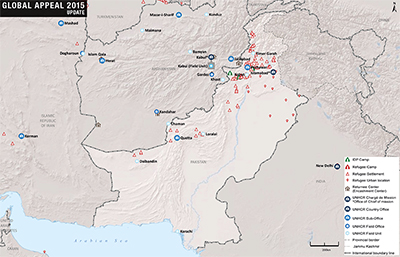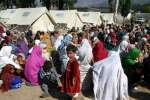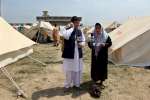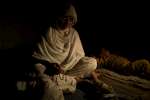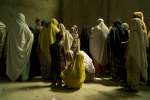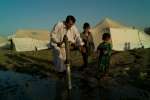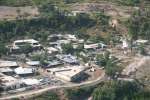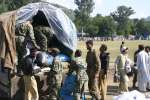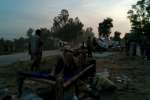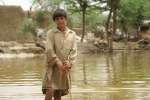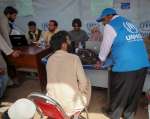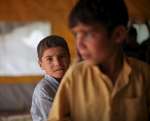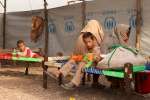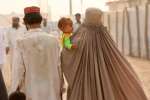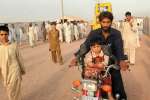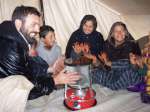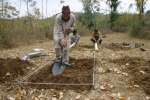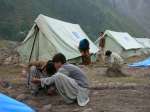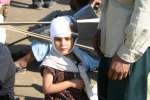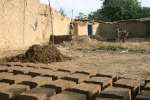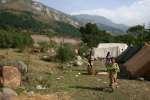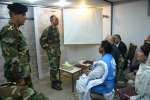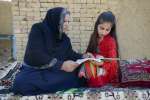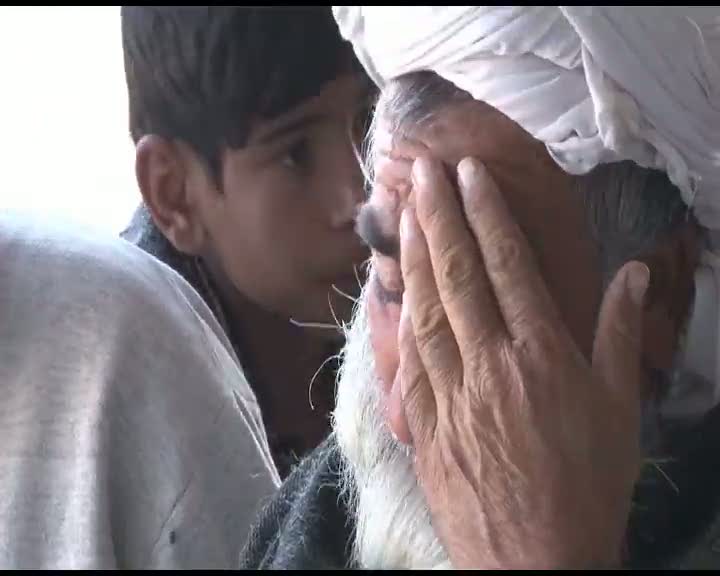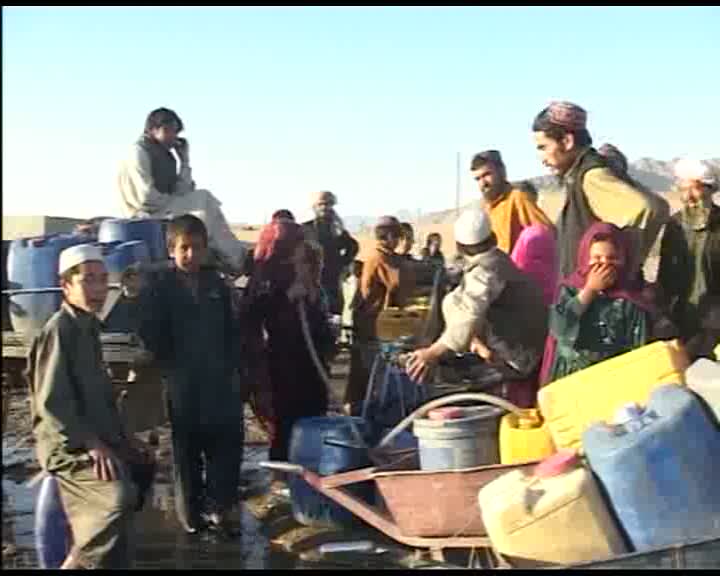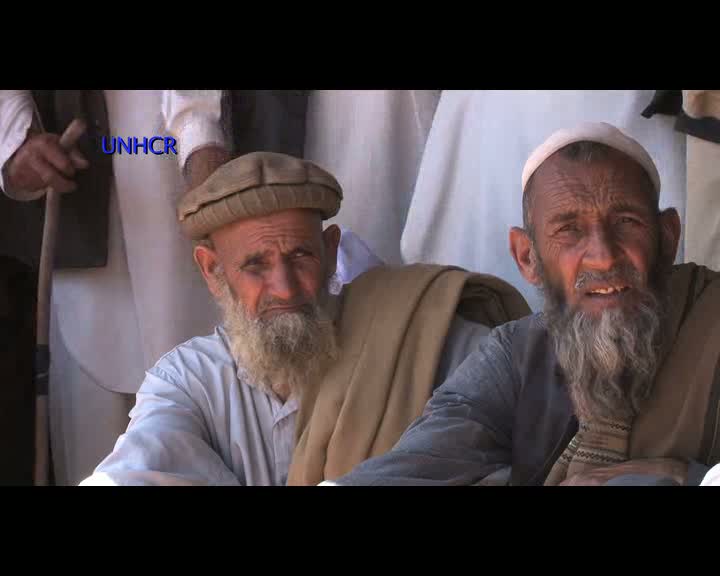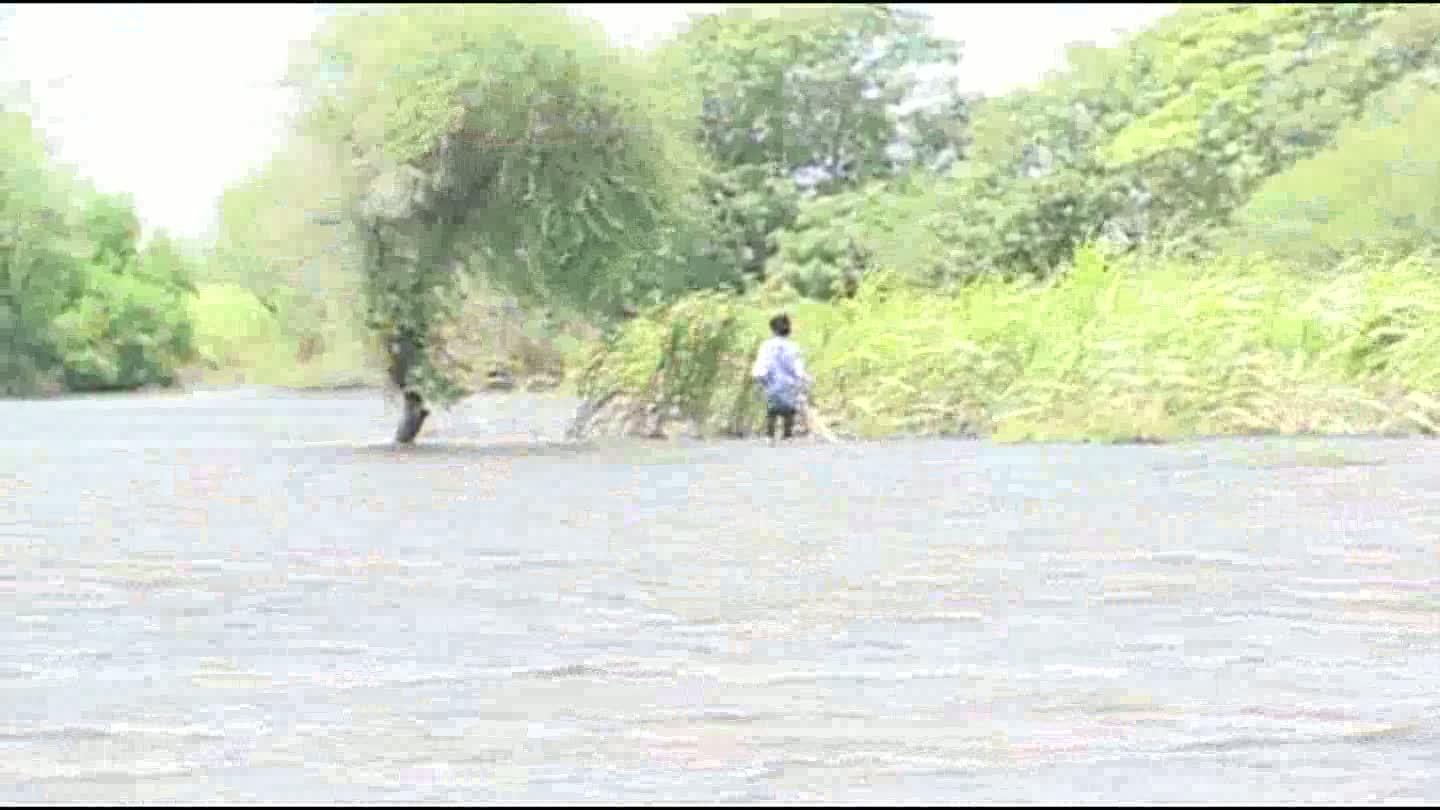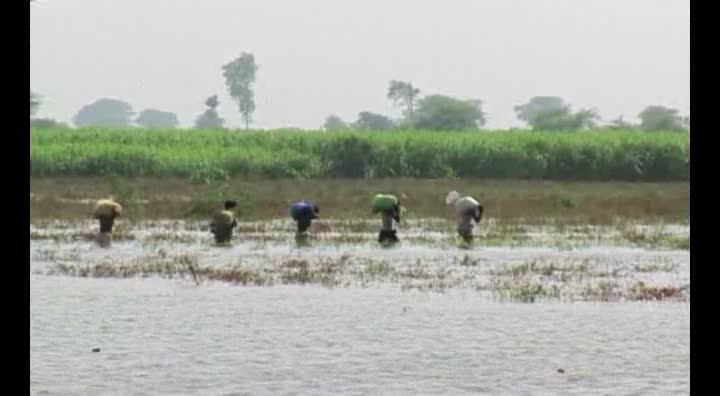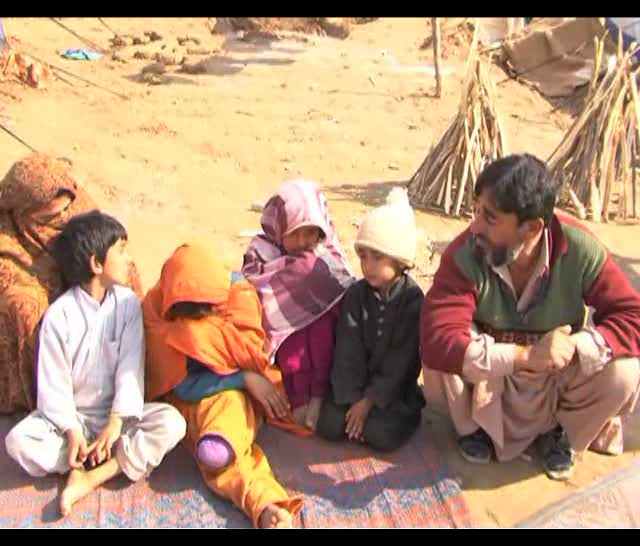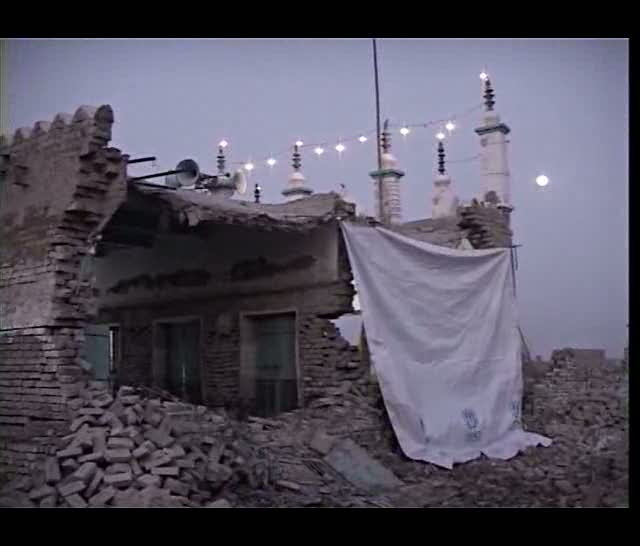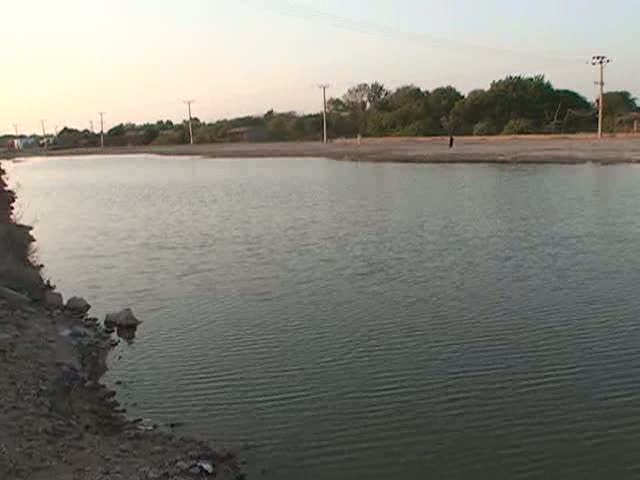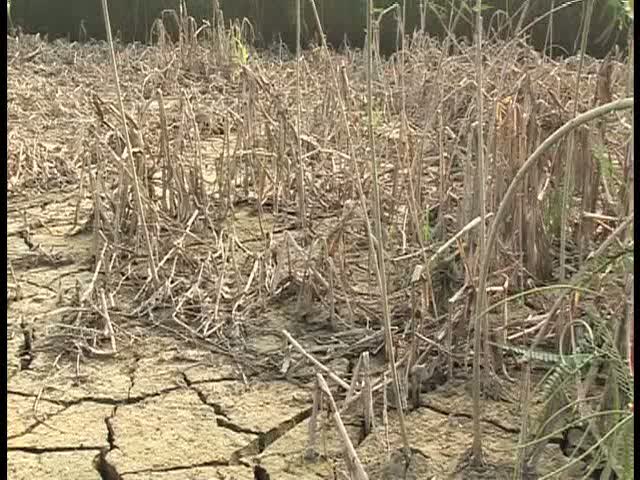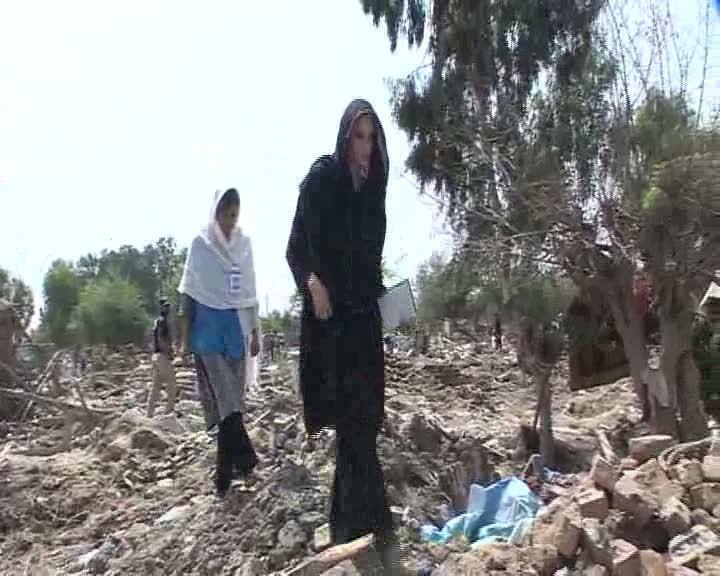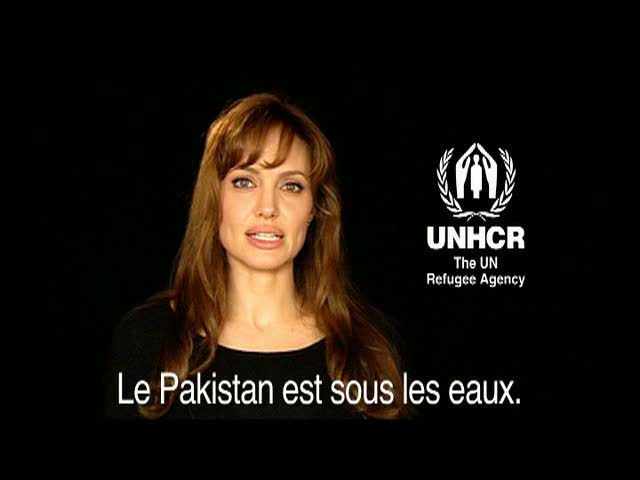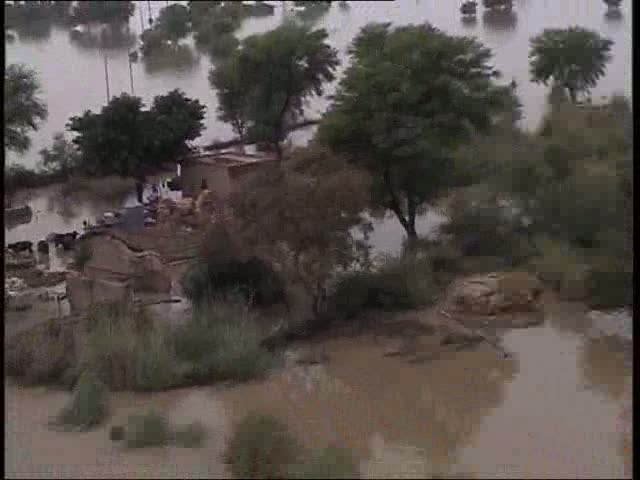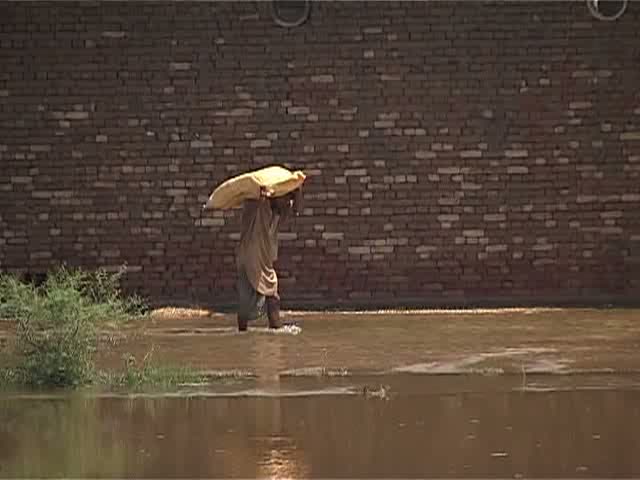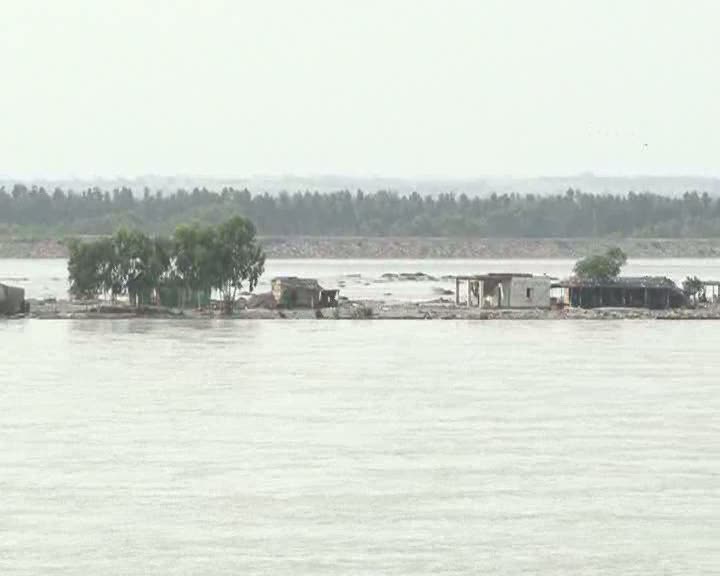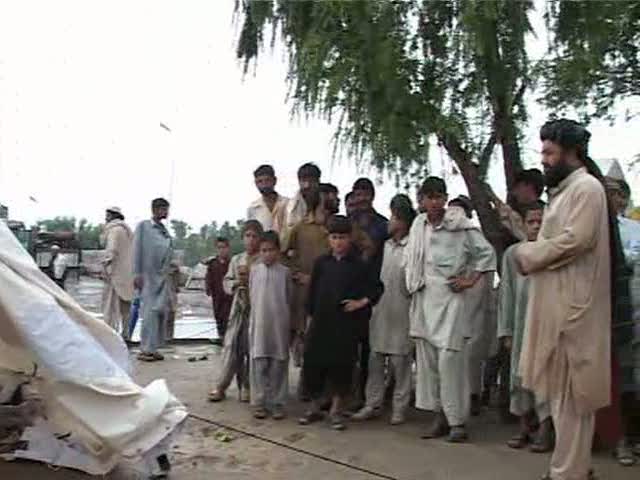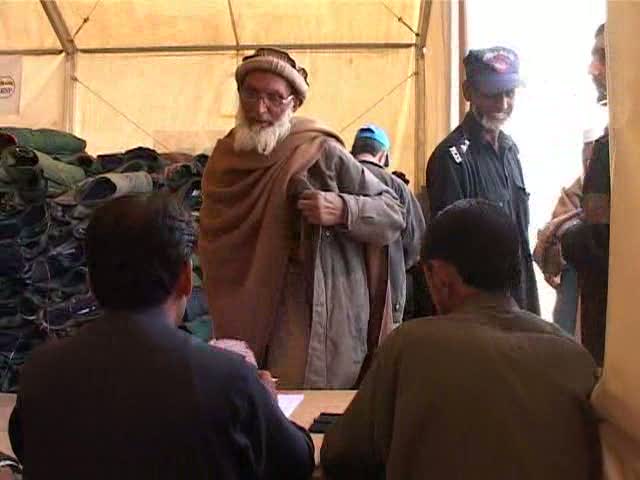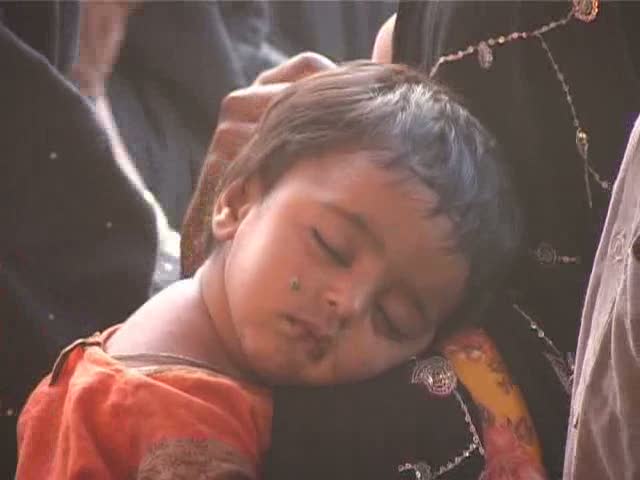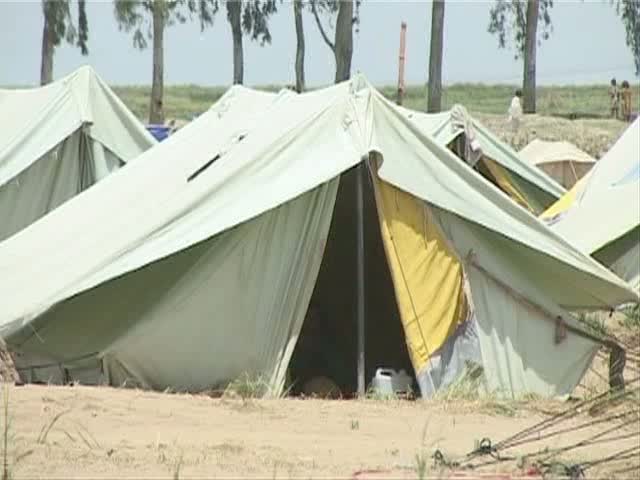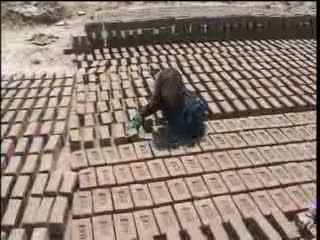Home > Where We Work > Asia and the Pacific > South-West Asia > Pakistan
2015 UNHCR country operations profile - Pakistan
| Overview |
Working environment
-
Pakistan hosts almost 1.5 million registered Afghan refugees - still the largest protracted refugee population globally. Since 2002, UNHCR has facilitated the return of 3.8 million registered Afghans from Pakistan.
-
Efforts to address the needs of Afghan refugees and their host communities, and to advance durable solutions, are undertaken within the framework of the regional Solutions Strategy for Afghan Refugees (SSAR), the tripartite agreement on voluntary repatriation, and the Government of Pakistan's national policy on Afghan refugees.
-
To complement UNHCR and partners' international support, the Government of Pakistan has extended Afghan refugees' Proof of Registration (PoR) cards until the end of 2015, issued birth certificates for 800,000 Afghan refugee children, provided land for several refugee villages, and given refugees access to public schools and health clinics.
-
In August 2014, there were 714,548 registered internally displaced people (IDPs) in need of humanitarian assistance due to the ongoing security operations in the Federally Administered Tribal Areas (FATA) and Khyber Pakhtunkhwa. The North Waziristan emergency has further displaced approximately 500,000 people.
-
The operating environment for humanitarian actors in Pakistan remains volatile, with fragile security, as well as access, social and economic challenges likely to affect humanitarian operations. In order to improve outreach to populations of concern and to build local capacity, UNHCR works closely with local partners and government counterparts.
People of concern
The main groups of people of concern planned for in 2015 under the Pakistan operation include: Afghan refugees, of whom approximately one-third live in refugee villages, and two-thirds in urban and rural host communities; some 7,000 asylum-seekers and individually-recognized refugees from various countries (mostly Afghans), living mainly in urban areas; IDPs, including those relocated by military operations and ethnic/religious conflicts in FATA, and, since the beginning of military operations in June 2014, IDPs from North Waziristan; and three groups presumed to be stateless or at risk of statelessness in Pakistan, namely Bengalis and Biharis, as well as Rohingyas from Myanmar.
| UNHCR 2015 planning figures for Pakistan | |||||
|---|---|---|---|---|---|
| Type of population | Origin | January 2015 | December 2015 | ||
| Total in country | Of whom assisted by UNHCR |
Total in country | Of whom assisted by UNHCR |
||
| Total | 2,311,750 | 2,311,750 | 2,352,080 | 2,352,080 | |
| Refugees | Afghanistan | 1,468,250 | 1,468,250 | 1,478,030 | 1,478,030 |
| Iraq | 60 | 60 | 80 | 80 | |
| Somalia | 400 | 400 | 500 | 500 | |
| Various | 140 | 140 | 180 | 180 | |
| Asylum-seekers | Afghanistan | 5,290 | 5,290 | 6,270 | 6,270 |
| Islamic Rep. of Iran | 20 | 20 | 30 | 30 | |
| Somalia | 50 | 50 | 60 | 60 | |
| Various | 40 | 40 | 40 | 40 | |
| Internally displaced | Pakistan | 566,900 | 566,900 | 590,900 | 590,900 |
| Returnee arrivals during year (ex-IDPs) | Pakistan | 270,600 | 270,600 | 276,000 | 276,000 |
| Response |
Needs and strategies
UNHCR's activities in Pakistan take place within a complex context, facing serious challenges as a result of the frequency of conflict and emergencies.
In 2015, UNHCR will support the Government in the implementation of the regional SSAR through the country-specific portfolio of projects developed in 2014, advance efforts to mobilize resources for prioritized activities, and assist in implementing the national policy on Afghan refugees, achieving the potential for durable solutions (voluntary repatriation and resettlement). Through the Refugee Affected and Hosting Areas (RAHA) initiative, which is an integral component of the in-country implementation of the SSAR, UNHCR will enhance asylum space and support both host communities and refugees.
Resettlement will be used strategically to protect refugees at risk. From UNHCR's perspective, increased resettlement is also important to preserve asylum space in Pakistan.
The organization will continue promoting a favourable protection environment for Afghan refugees. It will advocate Pakistan's accession to the 1951 Convention relating to the Status of Refugees and its adoption of national refugee legislation drafted in 2013. UNHCR will also advocate the extension of Afghan refugees' legal status and corresponding PoR cards beyond December 2015.
For asylum-seekers and individually-recognized refugees, UNHCR will continue to conduct registration and mandate refugee status determination, to ensure access to asylum in the absence of government procedures, and to support resettlement.
A five-year transition strategy will gradually consolidate and prioritize UNHCR's assistance to the most vulnerable Afghan refugees in coordination with the Government through various models of health-service delivery.
Support for IDPs includes maintaining IDP camps and protecting their rights including by supporting the Government's registration processes, legal aid/civil documentation support, and monitoring. UNHCR will encourage the Government to adopt an IDP policy that conforms to international standards. UNHCR will continue to lead humanitarian efforts focused on protection, shelter and camp coordination/camp management during the complex emergency as part of a UN inter-agency response.
Based on a statelessness study conducted in 2014, UNHCR will, with relevant government counterparts, identify possible solutions and ensure that concerned populations can exercise their basic human rights and access services.
| Implementation |
Coordination
Close coordination and interaction with key government counterparts, at federal and provincial levels, will be enhanced. This includes engagement with: the Ministry of States and Frontier Regions, the Chief Commissioner for Afghan Refugees (CCAR), the National Database and Registration Authority, the Ministry of Interior, the Ministry of Foreign Affairs, the Ministry of Refugees and Repatriation, the Commissionerates for Afghan Refugees (CARs), the Provincial Disaster Management Authorities, the FATA Disaster Management Authority and relevant line ministries.
UNHCR will build synergies with other stakeholders in: the care and maintenance assistance provided to refugees by national programmes, the RAHA initiative, and the wider involvement of One-UN interventions. The organization will continue promoting the SSAR as an enabling, multilateral platform for building consensus, strengthening existing partnerships and engaging new actors. UNHCR will encourage UNICEF, UNFPA, WHO, the Government and other operational partners to explore further possibilities for joint interventions.
| 2015 UNHCR partners in Pakistan |
|---|
| Implementing partners |
| Government agencies: Afghan Refugees and Repatriation Cell (Karachi); FATA Disaster Management Authority; Government of Pakistan - CAR Balochistan; Government of Pakistan - CCAR, Islamabad; Government of Pakistan - CAR Khyber Pakhtunkhwa; Government of Pakistan - CAR Punjab; Khyber Teaching Hospital; Ministry of Refugees and Repatriation, Refugee Attaché Office Peshawar; Ministry of Refugees and Repatriation, Refugee Attaché Office of the Embassy of the Islamic Republic of Afghanistan, National Database and Registration Authority, Government of Pakistan; Provincial Disaster Management Authority |
| NGOs: ACTED; Al Falah Development Foundation; Alisei - Italy; American Refugee Committee; Awaz Welfare Organization; Azat Foundation; Balochistan Rural Development and Research Society; Basic Education and Employable Skills Training; Basic Education for Afghan Refugees; Catholic Relief Services, United States Conference of Catholic Bishops - USA; Centre of Excellence for Rural Development; Church World Service - USA; Council for Community Development; Courage Development Foundation; Danish Refugee Council; Dost Welfare Foundation; Drugs and Narcotics Educational Services for Humanity; Education, Health, Social Awareness and Rehabilitation; EHSAR foundation; Foundation for Rural Development; Gender and Reproductive Health Organization; Helping Organization for People's Empowerment; Hujra Village Support Organization; Human Development Organization Doaba; Initiative for Development and Empowerment Axis; Innovative Development Organization; Inspire Pakistan; International Catholic Migration Commission; International Rescue Committee - USA; Legend Society; Muslim Aid; National Integrated Development Association - Pakistan; Naveed Khan Foundation; Norwegian Refugee Council; Organization for Community Services and Development; Pakistan Community Development Programme; Regional Institute of Policy Research and Training; Salik Development Foundation; Sarhad Rural Support Programme; Save the Children Federation; Society for Community Support to Primary Education; Society for Empowering Human Resources; Society for Humanitarian Assistance, Research, Empowerment and Development; Society for Humanitarian Rights and Prisoners ; Socio Pakistan; Struggle for Change - Pakistan; Tamer-e-Khalq Foundation, Taraqee Foundation - Pakistan; Frontier Primary Health Care - Pakistan; Union Aid for Afghan Refugees - Pakistan; Water, Environment and Sanitation Society - Pakistan; Women Empowerment Organization |
| Others: UNOPS |
| Operational partners |
| Government agencies: Ministry of Education, Ministry of Foreign Affairs, Ministry of Health, Ministry of Human Rights, Ministry of the Interior, Ministry of Social Welfare, Ministry of States and Frontier Regions |
| NGOs: Norwegian Refugee Council |
| Others: FAO, ICRC, ILO, UNDP, UNESCO, UNFPA, UN HABITAT, UNICEF, UNV, UN WOMEN, WFP, WHO |
| Financial information |
In 2015, the comprehensive needs for the Pakistan operation are estimated at USD 137.1 million - USD 10.4 million less than the 2014 revised budget. Of the 2015 budget, USD 58.8 million is allocated for the refugee programme, USD 28.4 million for the protection and assistance of conflict IDPs, and USD 49.6 million for development projects aimed at the peaceful coexistence of refugees and host communities. The recent IDP influx from North Waziristan (June 2014) has led to the establishment of a supplementary budget of USD 16.2 million for 2014.
Source: UNHCR Global Appeal 2015 Update
UNHCR contact information
| The UNHCR Representative in Pakistan | |||||||||||||||
|---|---|---|---|---|---|---|---|---|---|---|---|---|---|---|---|
| Style of Address | The UNHCR Representative in Pakistan | ||||||||||||||
| Street Address | No.2 Diplomatic Enclave, QUAID-E-AZAM, University Road, Sector G-4, Islamabad, Pakistan | ||||||||||||||
| Mailing Address | P.O. Box 1263, Islamabad, Pakistan | ||||||||||||||
| Telephone | 41 22 739 7514 | ||||||||||||||
| Facsimile | 41 22 739 7515 | ||||||||||||||
| Website | WWW.UNHCR.ORG.PK | ||||||||||||||
| PAKIS@UNHCR.ORG | |||||||||||||||
| Time Zone | GMT + 5 | ||||||||||||||
| Working Hours |
|
||||||||||||||
| Public Holidays | 01 January 2015, New Year 23 March 2015, Pakistan Day 20 July 2015, Eid Al-Fitr 21 July 2015, Eid Al-Fitr 14 August 2015, Independence Day 24 September 2015, Eid Al-Adha 25 September 2015, Eid Al-Adha 23 October 2015, Ashura 24 December 2015, Eid Milad-un-Nabi 25 December 2015, Christmas |
||||||||||||||
| UNHCR Sub Office in Quetta | |||||||||||||||
|---|---|---|---|---|---|---|---|---|---|---|---|---|---|---|---|
| Style of Address | The Head of UNHCR Sub Office in Quetta | ||||||||||||||
| Street Address | House No.36-E, chaman Housing Scheme, Airport Road, Quetta, Pakistan | ||||||||||||||
| Mailing Address | P.O. Box 30, Quetta, Pakistan | ||||||||||||||
| Telephone | 41 22 739 7518 | ||||||||||||||
| Facsimile | 41 22 739 7519 | ||||||||||||||
| pakqu@unhcr.org | |||||||||||||||
| Time Zone | GMT + 5 | ||||||||||||||
| Working Hours |
|
||||||||||||||
| Public Holidays | 01 January 2015, New Year 23 March 2015, Pakistan Day 20 July 2015, Eid Al-Fitr 21 July 2015, Eid Al-Fitr 14 August 2015, Independence Day 24 September 2015, Eid Al-Adha 25 September 2015, Eid Al-Adha 23 October 2015, Ashura 24 December 2015, Eid Milad-un-Nabi 25 December 2015, Christmas |
||||||||||||||

